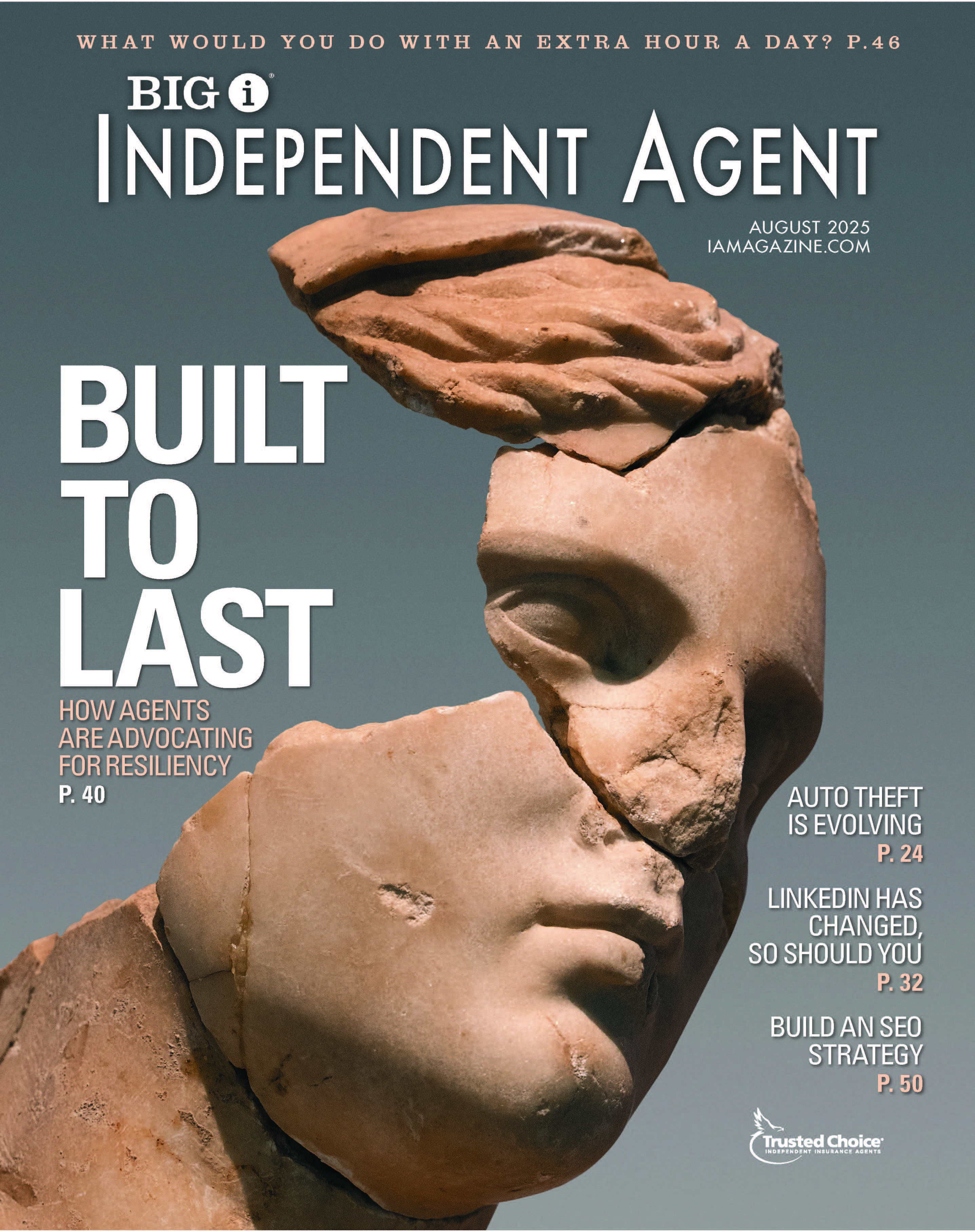Should You Ever Alter Language on a COI?

By: Big ‘I’ Virtual University Faculty
A client asks an agent to alter a certificate of insurance and add specific language to the description.
Q: “The producer is concerned about losing a $900,000 account if they don’t issue this COI as requested. What are your thoughts?”
Response 1: It is illegal to do this in states where the COI is a filed form.
Response 2: You need to work with your carrier to figure out how you can comply with this request. In some states, including false information on a COI can result in an errors & omissions nightmare, steep fines, loss of your license and even jail time.
Response 3: In cases like this, the only possible answer is whatever the carrier can provide. Get the carrier involved and put the COI together based on its instructions. Going beyond that puts your agency on the hook.
Response 4: What does the COI language state about how coverage will apply to the additional insureds? You should never state something that isn’t true, and in this case, the statement they want you to include is likely untrue. Submit the request to the underwriter for comment and guidance. If the underwriter tells you it’s true, have them prepare and sign the COI.
Do not put your agency’s E&O protection and your career on the line. If the agency owner wants to do that, they should personally sign the COI for the producer’s client.
Response 5: I don’t believe your state has an anti-indemnity statute, so the requested requirement is permissible. The question is: Can you get an Additional Insured endorsement which provides the additional insured with the required coverage?
Many construction contracts require the CG 20 10 11 85 endorsement or its equivalent. If you can’t secure that, certifying that the additional insured has “sole negligence” coverage would be a material misrepresentation and would present a serious E&O exposure. Now that you’re aware of this, issuing such a COI would be an intentional misrepresentation, so your E&O coverage would not respond.
Your best bet is sending this requirement to the carrier. If they can’t provide the coverage, you can’t certify the coverage. Many expert witnesses will be available to testify for the plaintiff. Do you feel lucky?
Response 6: I assume the policy does not support this wording. If that’s the case, sure—add the language to the COI and keep the account. Now, you’ve misrepresented coverage, probably violated a state statute, maybe risked your license, created an E&O exposure and possibly ruined your career.
Response 7: As long as you endorse the required policies to reflect the requirements, this is fine.
Response 8: Contact your underwriting department with a sign-off by senior management if they agree to the COI request. What is defined in your state’s law regarding sole negligence is important to your request.
I suggest legal counsel review the construction contract with a written response. The associated costs are most likely lower than your E&O deductible.
Response 9: Your assumption is 100% correct. Don’t do this.
If it’s an ISO form, item f. in the “insured contract” definition includes that part of any agreement where you assume the tort liability of another. Because there is no restriction to liability in whole or in part by the named insured, sole negligence is not excluded. That said, if the carrier has used any endorsement to modify the insured contract, coverage for sole negligence is also removed.
Additional Insured endorsements expressly limit coverage to loss caused in whole or in part by the named insured. That totally eliminates sole negligence.
I would caution you against adding language to a COI for two reasons: You could create a giant E&O claim since this is such a huge account, and most states make altering the COI a violation of an unfair trade practices statute—which means this a crime. Committing it knowingly could result in denial of the aforementioned E&O claim.
This question was originally submitted by an agent through the Big “I” Virtual University’s Ask an Expert Service. Answers to other coverage questions are available on the VU website. If you need help accessing the website, request login information.










